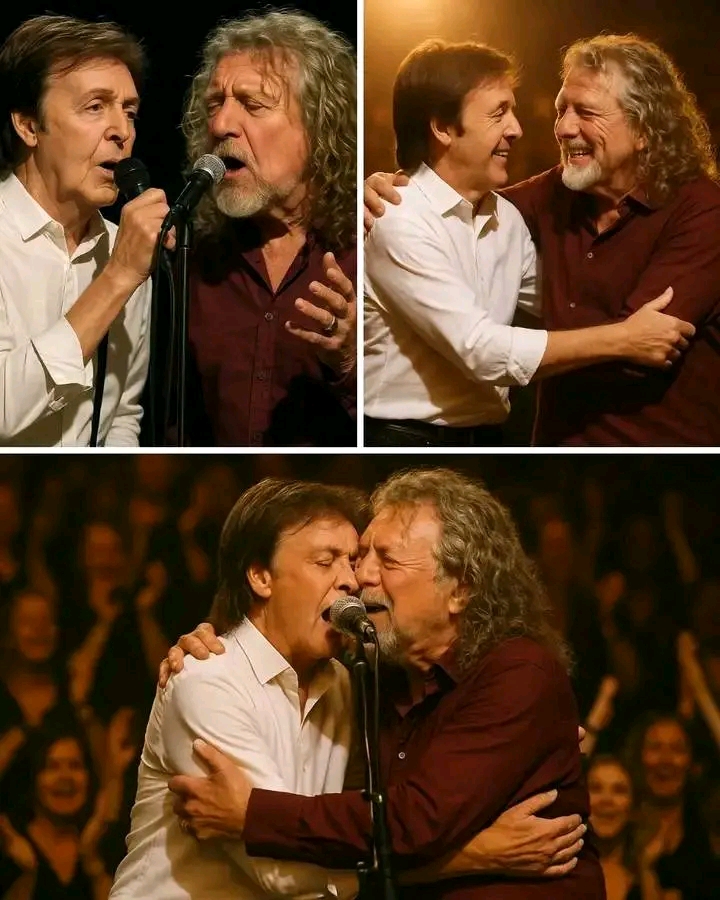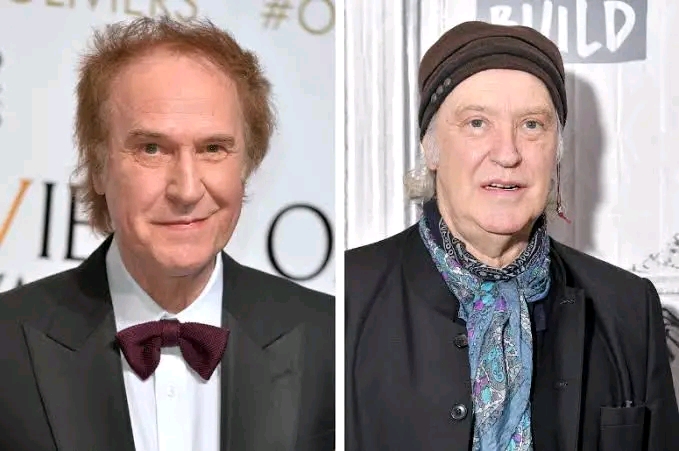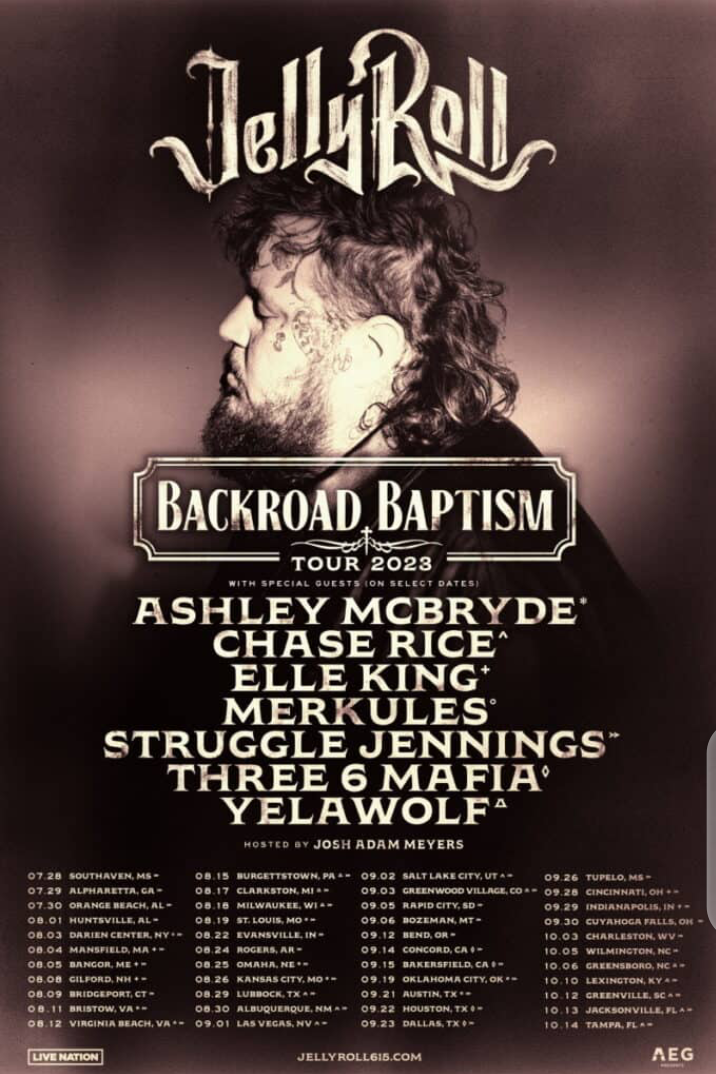When Legends Collide: Paul McCartney and Robert
Plant Share the Stage
There are moments in music history that transcend generations, that rise above the noise and linger in the collective soul of humanity. Jimi Hendrix lighting his guitar aflame at Monterey. Freddie Mercury commanding Wembley Stadium at Live Aid. Bob Dylan going electric. These moments become more than music—they become mythology. And in that rarefied realm now lives another: the night Paul McCartney of The Beatles and Robert Plant of Led Zeppelin finally shared the stage.
It happened not with the bluster of a media circus, but with the quiet grace of something profound. There was no months-long marketing campaign, no overblown anticipation crafted by record labels or viral hashtags. Instead, it came as a surprise to most—a last-minute announcement tucked inside the lineup of a benefit concert titled “Voices for the Earth”, held in London’s Hyde Park on a crisp summer evening.
Two Titans, Two Roads
To understand the magnitude of this union, one must first grasp the roads they traveled. Paul McCartney, the ever-boyish Beatle, was the melodic heart of the band that redefined pop music. His voice carried the warmth of “Yesterday,” the euphoria of “Hey Jude,” and the wistful hope of “Let It Be.” For millions, McCartney wasn’t just a musician—he was the soundtrack to a revolution of peace, love, and artistic freedom.
Robert Plant, by contrast, was the voice of thunder. With Led Zeppelin, he didn’t just sing songs—he summoned them from deep, primal places. “Stairway to Heaven” wasn’t a ballad; it was a pilgrimage. “Kashmir” was not a rock song; it was an incantation. Plant’s golden mane and lion’s roar made him rock royalty, but it was his mysticism and humility that elevated him to the level of a true bard.
Though their bands existed in overlapping eras, their paths rarely crossed. The Beatles had dissolved by 1970, the very year Led Zeppelin was ascending into the stratosphere. There were whispers of mutual admiration—Plant once cited the Beatles as pivotal, and McCartney occasionally referenced Zeppelin’s raw power—but nothing ever materialized. Until that night.
The Rumor Becomes Reality
The night was already electric. With performances by Coldplay, Adele, and Ed Sheeran, the stage had seen its share of modern icons. But nothing prepared the audience for what came next. A hush fell over the 50,000-strong crowd as the emcee returned to the mic.
“There are moments in time,” he said, “when the universe bends just slightly in our favor. Ladies and gentlemen, please welcome—Sir Paul McCartney and Robert Plant.”
It was as if the earth itself paused. Fans blinked in disbelief, jaws slack. McCartney strolled out with his iconic Höfner bass, dressed in a classic navy blazer and black jeans. Plant followed a step behind, still ethereal in a flowing shirt, silver curls catching the stage lights. They embraced like old friends reunited after years of divergence. Then McCartney approached the mic, his Liverpudlian lilt soft but clear.
“This is something we’ve talked about in passing for years,” he said. “We figured—why not tonight?”
A piano chord rang out. The intro to “Blackbird.”
McCartney began alone, voice gentle, familiar. The song fluttered into the cool evening air like the bird it spoke of—delicate, free. Then, midway through the second verse, Plant’s voice joined in—low at first, then harmonizing in a way no one expected. It wasn’t the banshee wail of “Whole Lotta Love.” It was tender, reverent. He treated McCartney’s masterpiece with the care of a man handling fragile glass.
Harmony of the Ages
The setlist was brief but monumental. After “Blackbird,” they transitioned into “Going to California.” This time, Plant led, his voice weathered but soulful. McCartney added harmonies and picked up an acoustic guitar. The Beatles never dabbled in Zeppelin’s mysticism, yet McCartney slipped into the song’s folk atmosphere with surprising ease. Their voices, once from seemingly opposite poles of the rock spectrum, now danced like old partners.
Then came the apex: a fusion of two iconic songs—“Let It Be” and “Stairway to Heaven.” The musical directors had crafted a seamless medley, intertwining the piano chords of McCartney’s ballad with the haunting arpeggios of Zeppelin’s magnum opus. The transition was so fluid, so masterfully arranged, that it seemed the songs had always belonged together.
McCartney’s voice rose with conviction: “When I find myself in times of trouble, Mother Mary comes to me…”
Then Plant answered, softer than usual, almost reverent: “There’s a lady who’s sure all that glitters is gold…”
The crowd wept. Not metaphorically—literally. Grown men, lifelong fans, sobbed openly. Teenagers who had discovered the music through streaming apps clung to every note. It was a collision of worlds, yes—but more than that, it was proof that time bends for greatness.
Behind the Scenes: Mutual Admiration
Backstage, after the final bow, the two legends embraced again. Cameras captured the moment—McCartney laughing, Plant with tears in his eyes.
“I’ve waited decades for this,” Plant said to reporters later. “There’s something about Paul’s music—it gives you hope. Even when it’s sad, it feels like morning after a long night. And sharing that stage… it felt right.”
McCartney was equally effusive: “Robert’s voice—it’s elemental. Fire, wind, storm… all wrapped in a sound. But tonight, he showed another side. A gentleness I’ve always known was there.”
It wasn’t just a moment of fan service or a novelty. It was a bridge. A bridge between the melodic optimism of The Beatles and the mythic, elemental rock of Led Zeppelin. Between the 60s and 70s. Between introspection and raw power.
The Legacy of One Night
The performance sent shockwaves across the music world. Critics hailed it as “the collaboration we never knew we needed.” Social media exploded with clips, reactions, and impassioned pleas for a studio album—something both men declined to confirm but didn’t deny either.
More importantly, the duet reignited a conversation about the power of music to unite—not just artists, but people. For too long, music fans have divided themselves into tribes: pop vs. rock, old vs. new, Beatles vs. Stones, Zeppelin vs. Floyd. But on that night, labels melted away. There were no factions. Just one united audience, basking in the light of greatness.
More Than Music
Perhaps what struck people most wasn’t just the performance, but the humility. These were two of the most successful, iconic musicians to ever walk the earth. They had nothing left to prove. And yet, they stepped onstage not as gods, but as collaborators. As men who still revered the power of a good song. Who still got nervous before performing. Who still looked at each other with the joy of discovery.
In the days that followed, streams of both The Beatles and Led Zeppelin soared. Young listeners dove into discographies their parents had grown up with. Vinyl sales spiked. Music teachers reported a surge in students asking to learn “Let It Be” or “Stairway to Heaven.”
It wasn’t nostalgia—it was renewal.
Final Bow
They ended their set with “Hey Jude,” inviting every other artist on the bill to join them. The entire park echoed with thousands of voices singing “na-na-na-na…” as McCartney and Plant stood at the front, arms around each other.
And when it was over, when the lights dimmed and the crowd slowly filtered out into the London night, there was a silence. Not empty, but full—full of what had just happened, full of meaning, full of history.
Paul McCartney and Robert Plant had finally shared a stage. And for one night, time itself applauded.
Would you like a version of this formatted as an article, a magazine feature, or even as a video script or press release?



